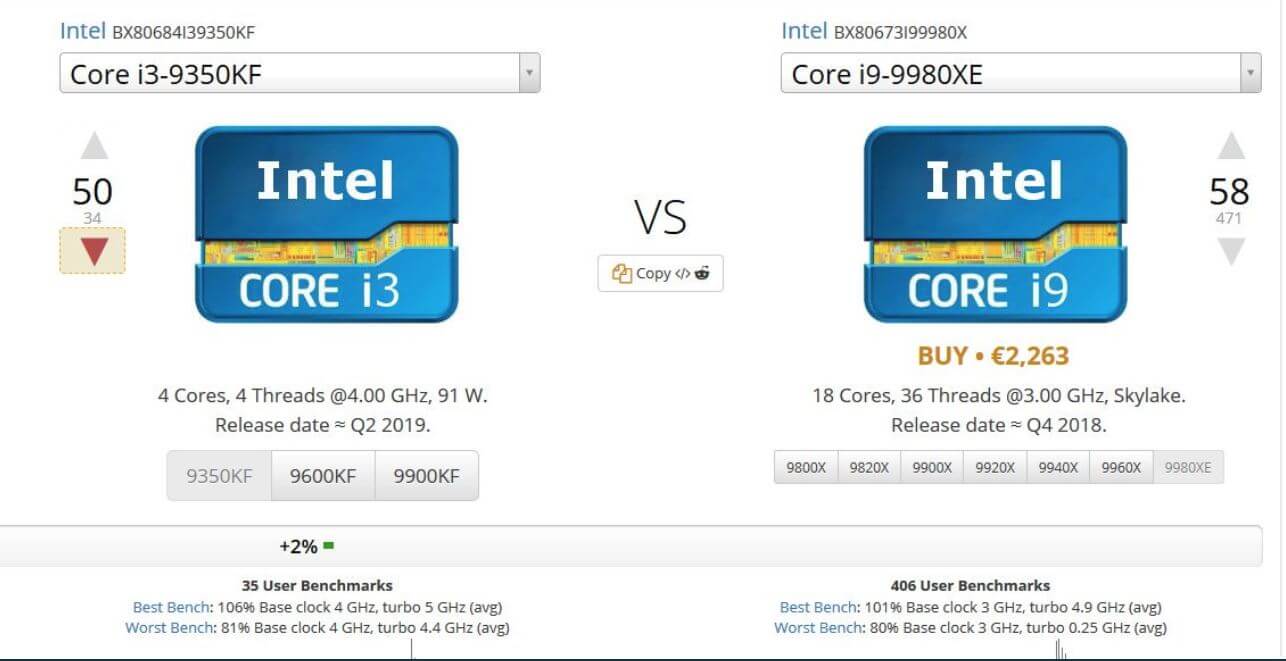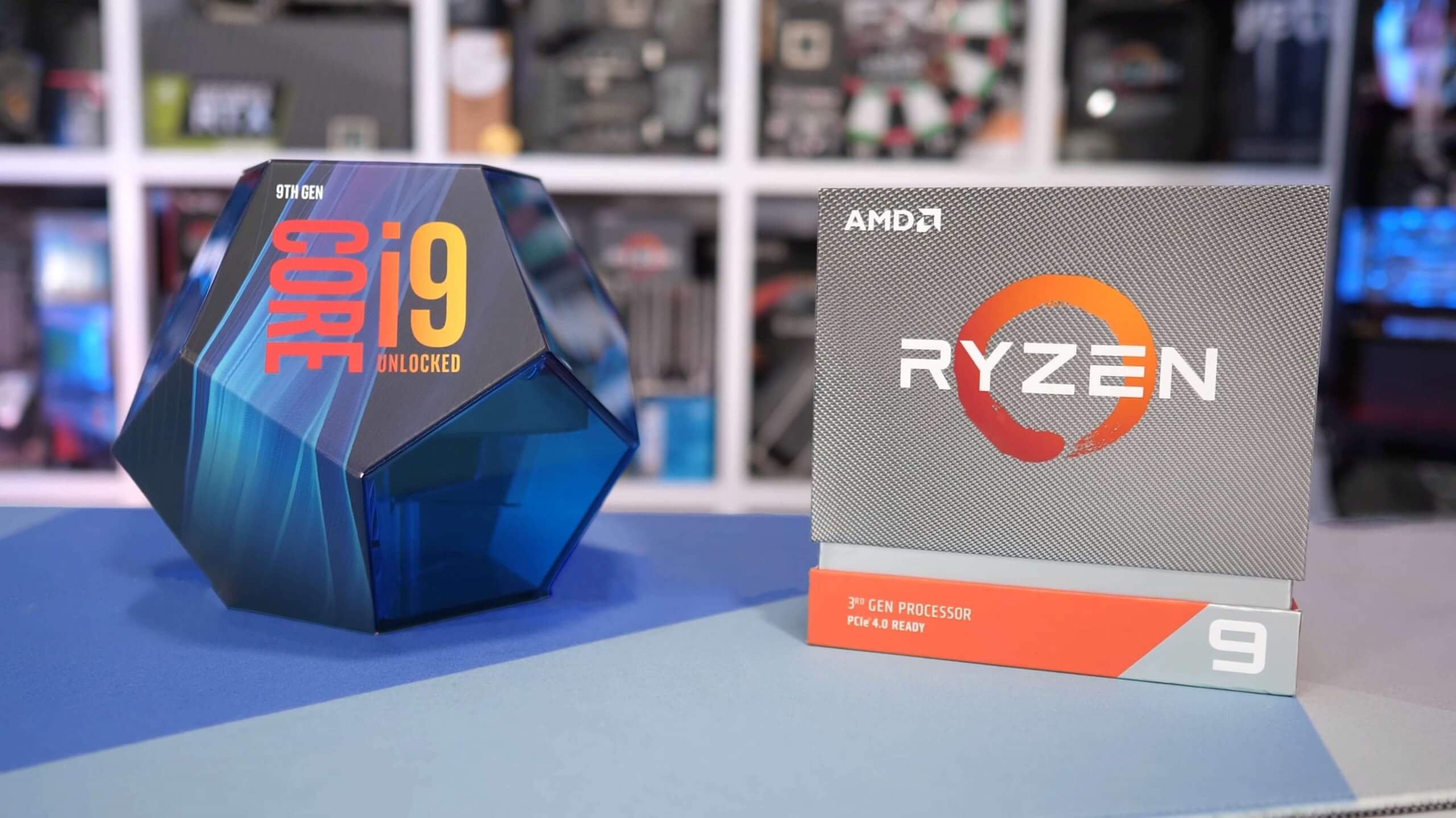A hot potato: Benchmark comparison site UserBenchmark has defended its decision to make changes to the way it weighs CPU average scores, thus favoring single-core performance. The response likely won't resonate well among the website's most vocal critics.
This past week a portion of the enthusiast community was lit aflame with controversy over UserBenchmark's decision to adjust its CPU scoring system. While not a popular destination among hardcore users or reviewers, UserBenchmark remains a widely used tool for the general consumer and its comparisons rank highly in Google search results – Tom's Hardware notes the website serves nearly 10 million visitors each month.
Enthusiasts were taken back by the website's questionable decision to adjust its scoring algorithm in favor of single-threaded performance, inflating scores in such a way that doesn't appear to be entirely representative of the processor in question. Previously, UserBenchmark apportioned the average score as 30% of the single-threaded performance, 60% of the quad-core performance, and 10% of the multi-core performance. Now, the weighted average is 40% single-core, 58% quad-core, and only 2% multi-core.

They claim this is to offset "unrealistic overestimating" for the new core-heavy Ryzen 3000 series, and the new score weighing indeed doesn't show AMD's newest chips in quite as favorable a light – a point of contention among AMD fans, to be sure. UserBenchmark updated its FAQ section to address the outcry.
Shortly after the Ryzen 3000 release, which we welcomed emphatically, we noticed that our CPU gaming and desktop estimates were unrealistically overestimating all CPUs with core counts beyond 8 so we corrected the estimates. Our underlying data points for single, quad and multi core performance remain unchanged and are clearly visible together with gaming, desktop and workstation scores on each of our product and comparison pages. (...) At present we estimate that our CPU gaming index is accurate to around 8%. By rebalancing the weights in favor of more cores we can probably reduce the error to around 5%. Even after a rebalance, the 4 core i3-9350KF would still, on average, offer a similar gaming experience to the 18 core i9-9980XE, a fact which many of our most vocal critics seem to find hilarious...
In UserBenchmark's defense, they do acknowledge readers need to look deeper than the top of the page to get the big picture. However, the bizarre choice to weigh the average score so heavily in favor of single core/thread performance is hard to ignore. Especially when multi-core and multi-threaded performance is only going to become more important.
While I won't take sides here, I will point out professional reviews are the best way to measure a CPU's performance and glean a purchasing decision. If you haven't already, check out TechSpot's Ryzen 3000 coverage.
